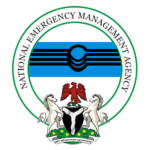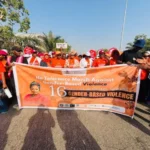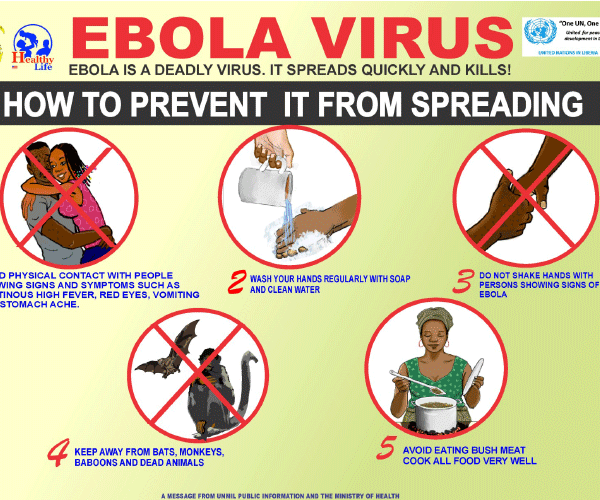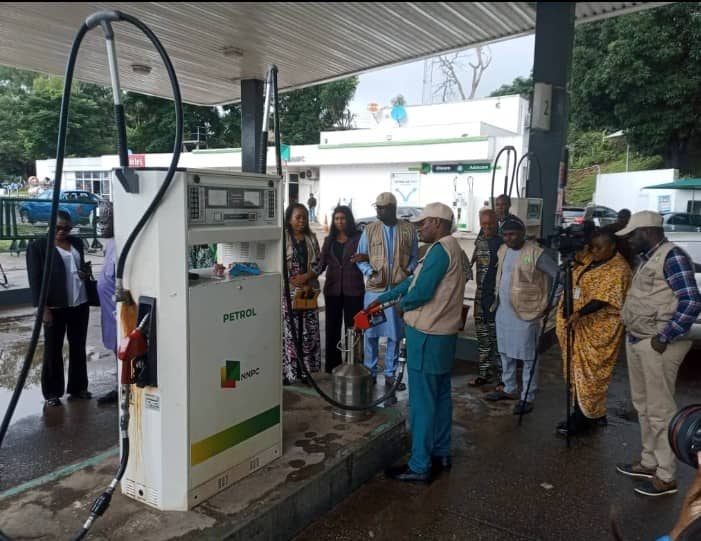Ebola: Experts urge reactivation of health surveillance system
Surveillance By Lilian U. Okoro Amid reports of a new Ebola outbreak in the Democratic Republic of Congo (DRC) some health experts have called for reactivation and strengthening of the public health surveillance system. The experts made the call in separate interviews with the News Agency of Nigeria (NAN) onContinue Reading













